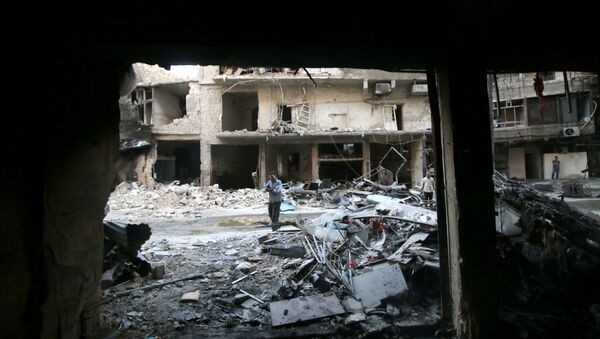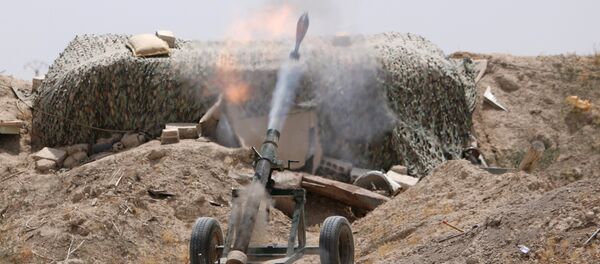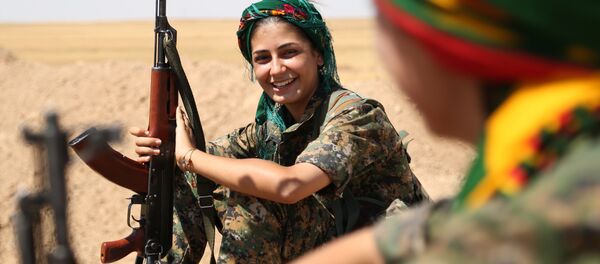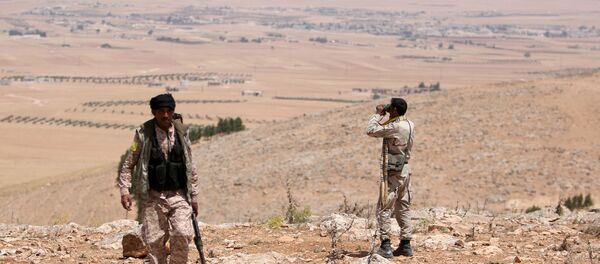This is by far not a matter of idle curiosity, particularly considering repeated calls to send more US forces, including ground troops, to Iraq and Syria. Washington should have learned by now that its counterterrorism strategies cannot solely revolve around the military component.
US operations in Iraq and Afghanistan clearly show that what could look like a military victory at first can soon turn into a hotbed of terrorism and sectarian violence in areas where previous grievances were not addressed, where security and efficient governance are also non-existent.
"Unresolved conflicts over power and territory in an area that already is awash in guns and extreme agendas are a recipe for still more terrorism, whether it comes under a label we are familiar with or some other label," Pillar noted.
Large parts of Iraq and Syria, whether still controlled by Daesh or any other radical group, are precisely the case.
"The question of what replaces a defeated [Daesh] is going to be especially contentious and acute in parts of north central Syria. The lines of conflict there will be in large part ones of Kurds against Arabs, but – amid the complicated Syria civil war – not exclusively so," the analyst observed.
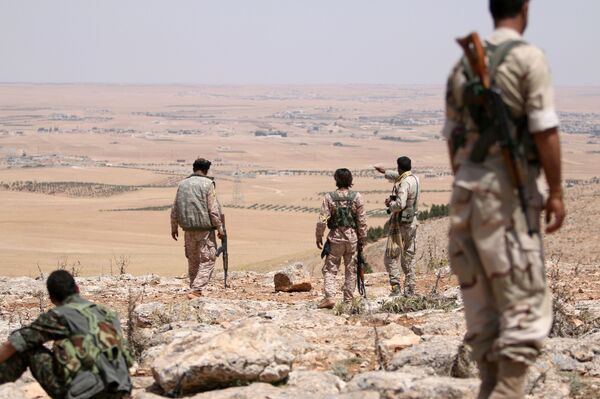
Interestingly, Pillar referred to the Kurds and Arabs trained or backed by the US. This tension has been evident in the offensive to free the Syrian city of Manbij. Daesh used it to bring foreign fighters, supplies and weapons to Syria from Turkey before the routes were cut off by the Syrian Democratic Forces (SDF) last week.
It is these concerns that have long prompted Russia to advocate for a broad and inclusive political process that would be open for all parties to the conflict except for terrorists. If a single group imposes its vision on a multicultural and multireligious country, those left out could either side with radicals or turn into terrorists.
"We firmly believe that political talks are the only way to settle the internal conflict in Syria. This is our principled stance, to which we have always adhered. This calls for a serious and constructive approach from all parties to the negotiations," Russian Foreign Ministry spokeswoman Maria Zakharova said last week.
US policymakers do not seem to be giving this issue enough thought and time is running out.
"The losing streak of [Daesh] has already been showing the error of those who have been asserting over much of the past two years that greater application of US military force against [Daesh] is essential," Pillar noted. "We will see increasingly in the months ahead the error of shoving aside the question of what comes after" the terrorist group.

